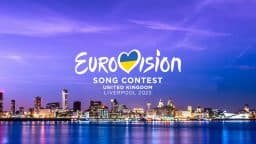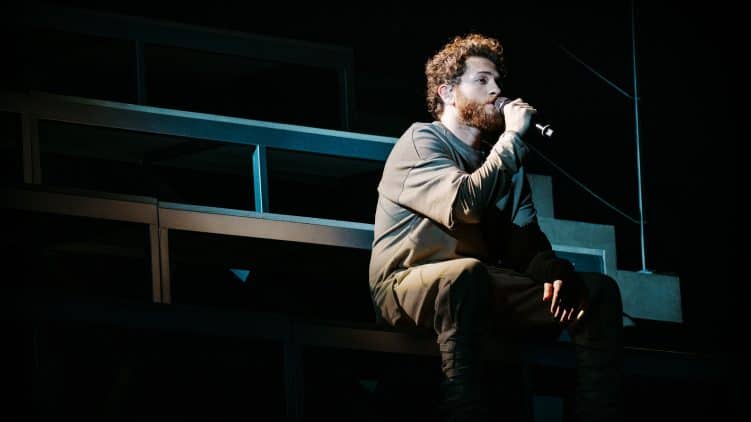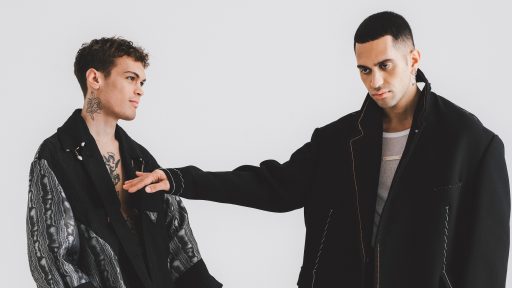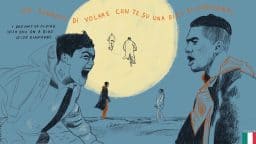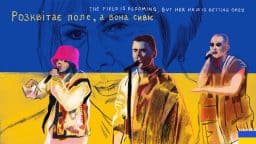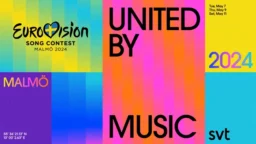The Eurovision Song Contest 2022 was held on May 10, May 12 (Semi Finals) and May 14 (Grand Final).
* WANT TO SEE SONGS & ARTISTS? SCROLL DOWN *
- Ukraine won. It was fourth after the jury's had voted, but the televoters gave the country its maximum score.
- 40 countries were taking part. This means that all 2021 participants were returning, plus Montenegro and Armenia, who came back after a short absence.
- Russia was banned from taking part because of the one-sided, aggressive invasion of its neighbour Ukraine.
- In (pre-war) Ukraine, singer Alina Pash was originally chosen with her song Тіні забутих предків/Shadows of forgotten ancestors. After her win, she had to prove she had correctly entered Russia-annexed Crimea back in 2015. While her team was trying to obtain the right documentation, a member of her staff fabricated evidence. Alina distanced herself from this staff member, but later decided to withdraw. Whereas similar commotion back in 2019 led to a complete withdrawal, this time the Ukrainian broadcaster decided to put forward the runner-up of the national final, Kalush Orchestra.
- Due to the war it was unclear whether or not the Ukrainian group Kalush Orchestra would actually be able to participate. Early April the members of Kalush Orchestra were exempted from war duty to allow them to tour around Europe and to compete in Turin.
- The Italian organizers chose 'The Sound of Beauty' as the theme for this year.
- The European Broadcasting Union membership of Belarus was still suspended after last year's problems, so the country wasn't allowed to take part.
- The European Broadcasting Union made two announcements. First, the number of participants will from now on be limited to a total of 44 countries. Second, the radical change that started as a try-out in 2021, is now permanent: backing vocals (the number of which can be as high as the artist wants) are allowed to be pre-recorded. So there is no need for live backing singers anymore, although this is still allowed.
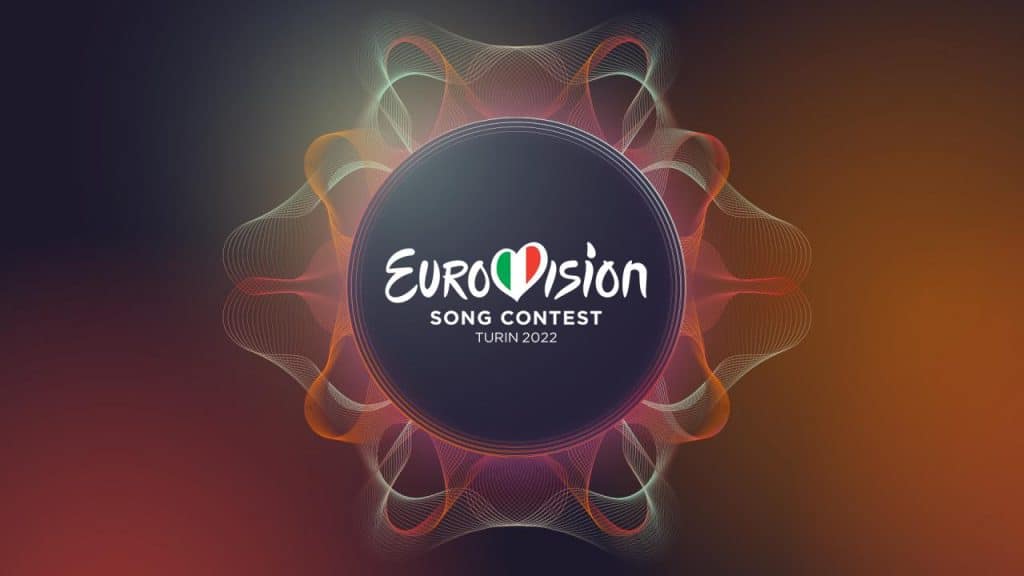








































 Rotterdam 2021
Rotterdam 2021 